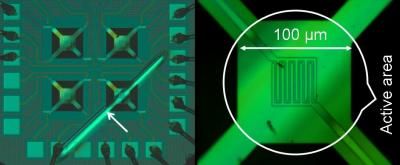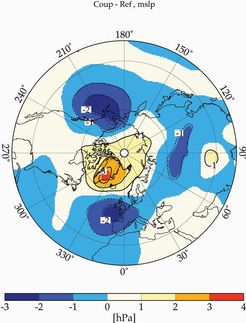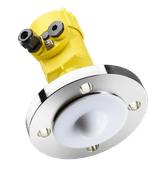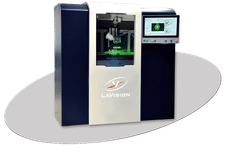The European Flow Sensors Market
Advertisement
Demand for advanced sensing technologies and improved communications systems is consistently driving the European flow sensors market forward. New applications have arisen for specific flow sensors and new technologies have developed further and grown in popularity.
These improvements have seen the market rise from $867.6 million in 1997 to $890.3 million in 2000. Latest research from industry analysts Frost & Sullivan (http://sensors.frost.com) shows the rise would have been higher but for price declines over the period.
Industry analyst Vicky Whiting explains: "Prices have declined quite significantly in the European flow sensors market over recent years as a result of technological advances and intense competitive pressures. This has had an adverse effect on profit margins and revenues for all market players. The price declines that have occurred as a direct result of developments in manufacturing techniques have increased the pressure for opposing technologies to fall in price accordingly."
However, Frost & Sullivan forecasts market growth will continue at the same consistent pace thanks to continued demand for advanced sensors and the discovery of new market opportunities. An end to the downward pricing trend is also anticipated to help the market to reach $1.05 billion in 2007.
Miss Whiting says the level of interest in advanced technologies is increasing as new flow measuring devices become established in the marketplace. "This has not always been the case in the European flow sensors market as a lack of consumer confidence in the past had delayed successful market penetration for the advanced techniques, for example: ultrasonic and coriolis mass. Now the products have become more established and prices have fallen, end-user attitudes have changed.
"Customers recognise that potential cost savings offset the amount of investment required for a more advanced flow meter, and this rise in knowledge and awareness has created a significant rise in demand. In the future, the trend towards more advanced technologies is expected to progress, thus assisting future revenue growth."
Miss Whiting believes e-commerce will play a big part in the future of the flow sensors market. "E-commerce presents a major challenge to the flow sensor manufacturers and distributors, as it opens up an exciting new sales channel and presents significant potential for improvements in the supply chain process. It will be vital for manufacturers and distributors to closely monitor the developments of e-commerce in this sector and adapt accordingly in order to increase or protect market share," she continues.
The report splits the market into nine segments; differential pressure flow sensors, electromagnetic flow sensors, turbine and propeller flow sensors, positive displacement flow sensors, variable area flow sensors, ultrasonic flow sensors, vortex flow sensors, coriolis mass flow sensors, and thermal mass flow sensors.
Differential pressure flow sensors were traditionally the most dominant flow sensing technology among the European process industries, but advances made to competing technologies over recent decades have significantly eroded the market share of this device. This market accounted for a reduced share of 18.0 percent in 2000, and continued declines in share are anticipated, mostly at the expense of competing technologies. It has been overtaken by the electromagnetic flow sensor, an increasingly popular flow sensing technology which has significantly expanded applications in recent years and thus has increased penetration of the European market. The technology held 27.2 percent of market share in 2000.
The study found revenue shares continue to grow for the coriolis mass flow sensor: an increasingly popular flow meter that has succeeded in replacing a number of mature and also some of the more advanced flow measurement techniques. The significant technical benefits
Other news from the department
These products might interest you
Most read news
More news from our other portals
See the theme worlds for related content
Topic world Sensor technology
Sensor technology has revolutionized the chemical industry by providing accurate, timely and reliable data across a wide range of processes. From monitoring critical parameters in production lines to early detection of potential malfunctions or hazards, sensors are the silent sentinels that ensure quality, efficiency and safety.
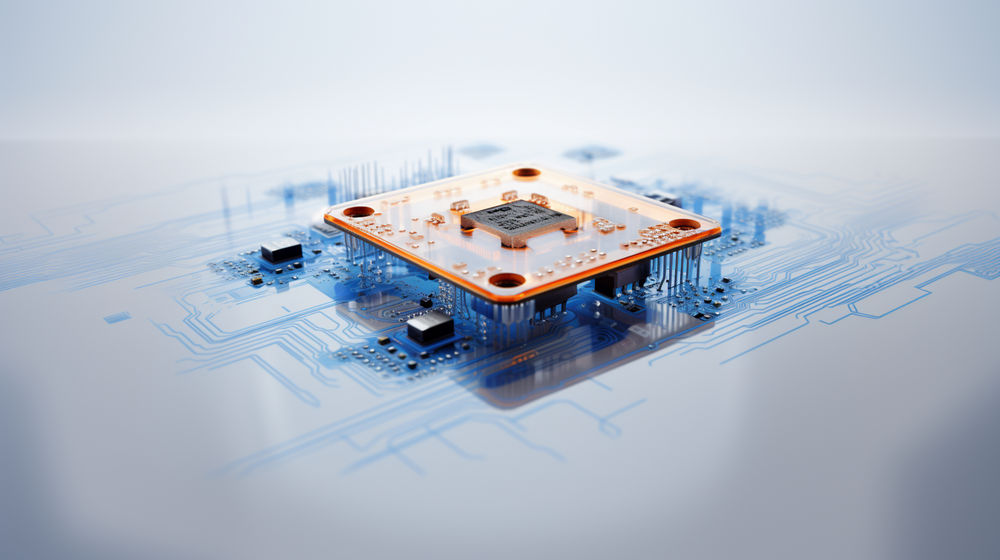
Topic world Sensor technology
Sensor technology has revolutionized the chemical industry by providing accurate, timely and reliable data across a wide range of processes. From monitoring critical parameters in production lines to early detection of potential malfunctions or hazards, sensors are the silent sentinels that ensure quality, efficiency and safety.



